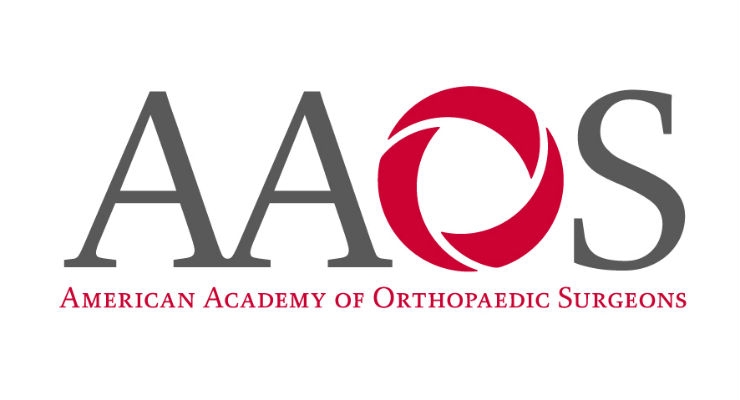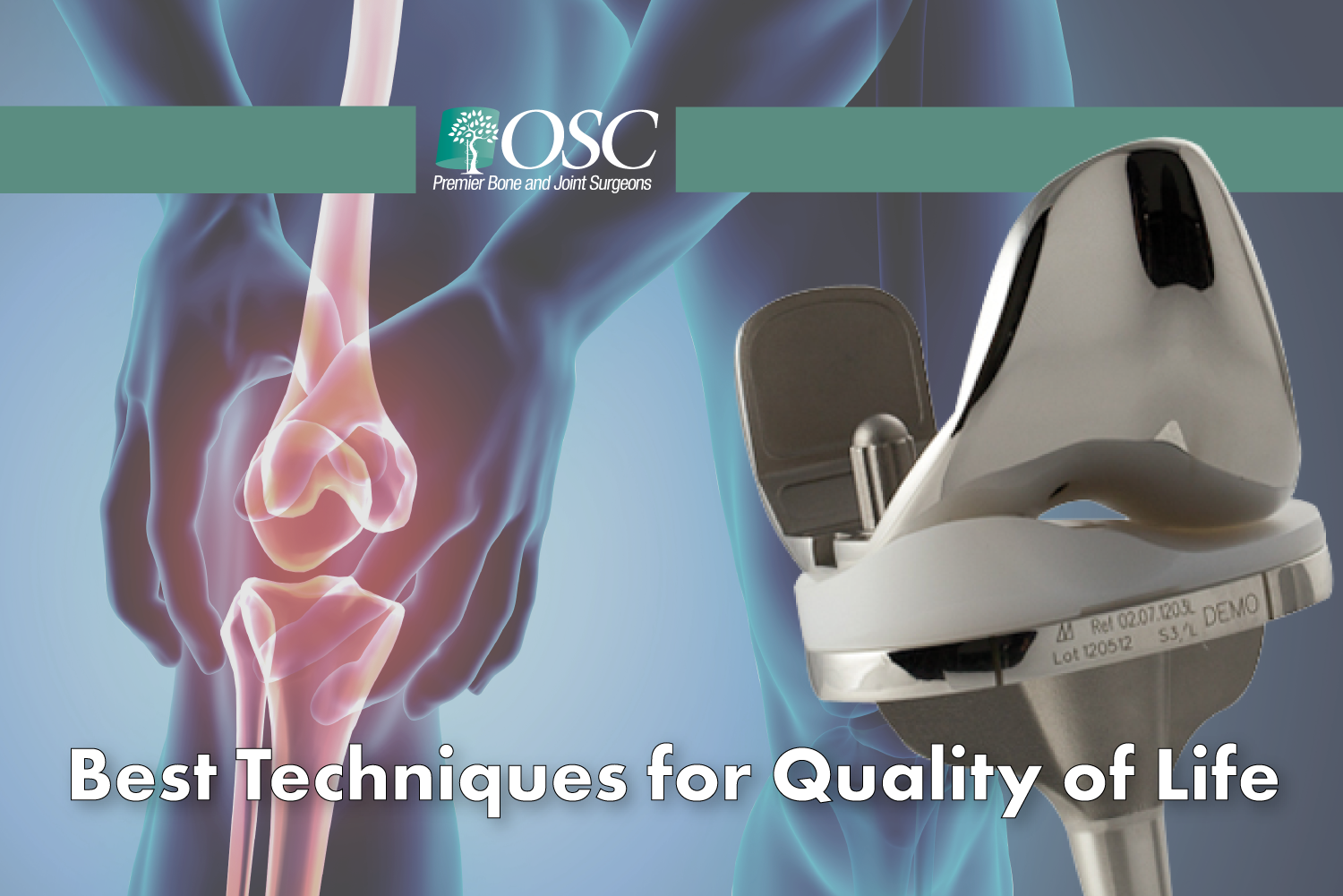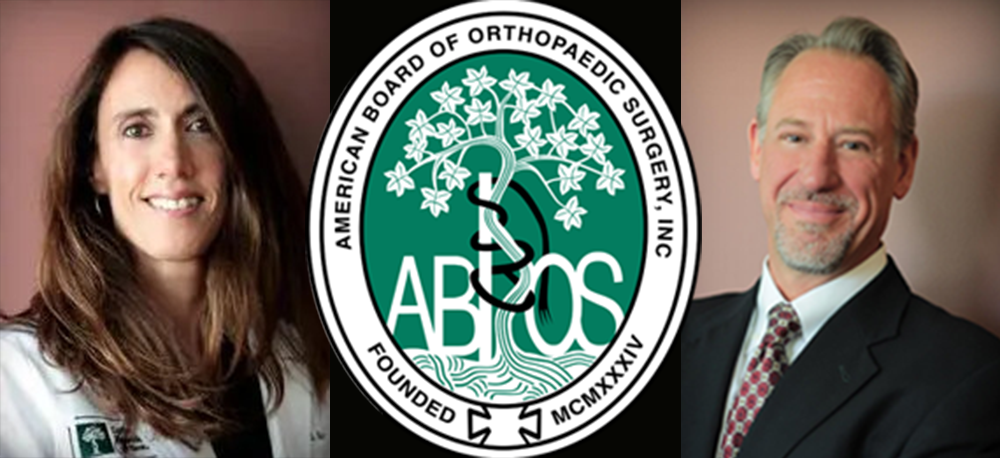Did you know Dr. David F. Scott, here at OSC, is the region’s foremost orthopaedic researcher? Dr. Scott has worked with top orthopaedic manufacturers to help engineer the implant parts of the future like the Stryker Triathlon Total Knee Replacement System. He is sought after by leading pharmaceutical companies for his clinical research expertise and is on the academic staff at both the University of Utah and the University of Washington.
When we asked OSC’s leading researcher, Dr. David F. Scott, what he felt was the biggest breakthrough in implant technology we got some great input that could be very relevant to you if you’re considering a joint replacement. Dr. Scott shared that, “It’s really been countless smaller breakthroughs that add up to an overall improvement in implants.”
“One of the biggest advancements has been porous parts for hip replacements that allow bone to fuse directly to the implant allowing you to forgo bone cement altogether. But there have been tons of little advances: improved bearing surfaces, better plastics, incremental design improvements, not to mention lots of elements that effect recovery time and overall quality of life issues like blood thinners, better physical therapy approaches and improved surgical techniques.”
Dr. Scott originally wasn’t interested in research at all. He drew the short straw in his graduate program and was subsequently volunteered for a yearlong research residency. Through that work though, he gained a passion for finding these nuanced improvements.
One of his first publications was on a unique material called Hydroxyapatite. This is a lab produced mineral structure that mimics the composition of bone exactly. Used to coat implant bonding surfaces it allows the bone to fuse directly to the implant itself.
“I have a very inquisitive mind and was intrigued. I wanted to explore, discover and possibly even create, with the goal of adding to orthopedic knowledge and improving our options for patient care and results. That all happens through research. It’s an intellectual curiosity but it stems from a practical desire to just do better.”
When asked what do you enjoy most about the research? “The intellectual challenge of dealing with the problems we have and improving the results of what we do. It feels pretty cool. It makes you feel like there’s a reason for your existence. It’s a neat feeling to be on the cutting edge of something or asked to be included on the cutting edge of something. It’s exciting.”
Dr. Scott’s enthusiasm for research permeates the care delivered at OSC. If you’d like to read more about his research work and how it can impact your care find other articles here.




